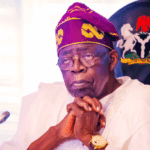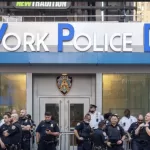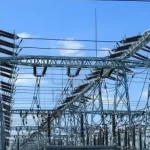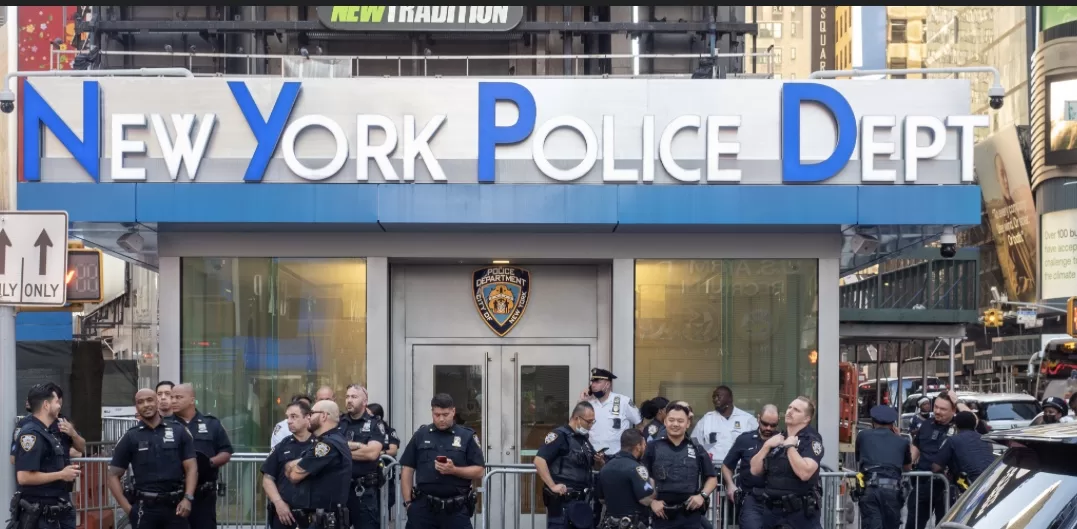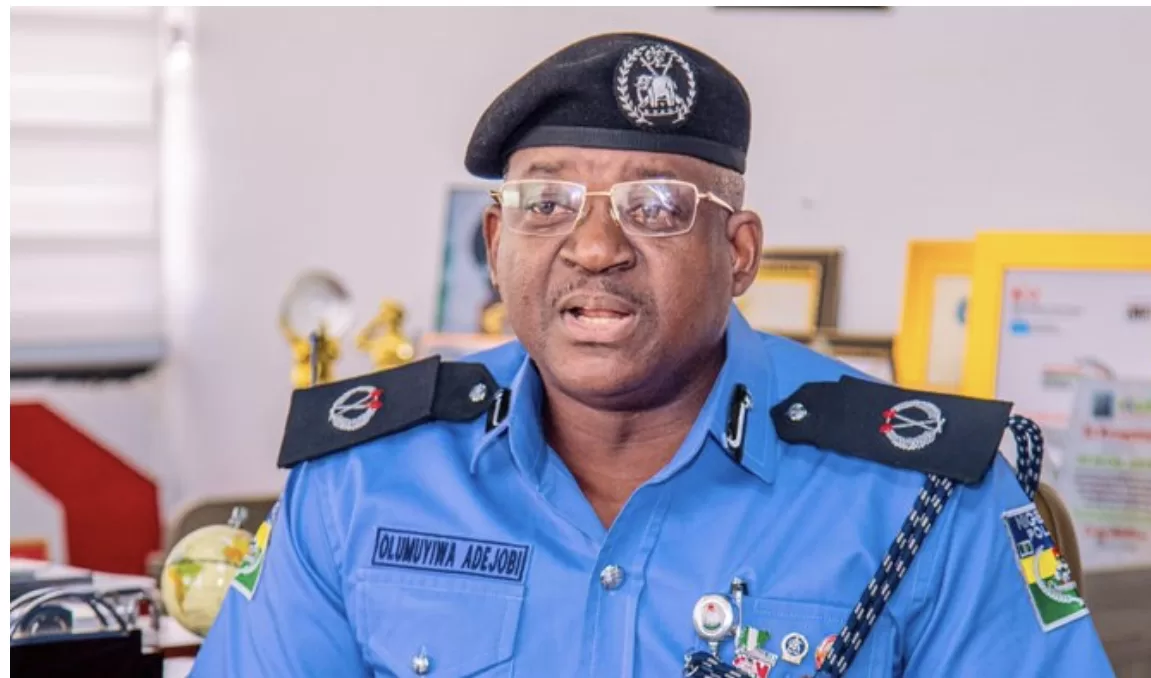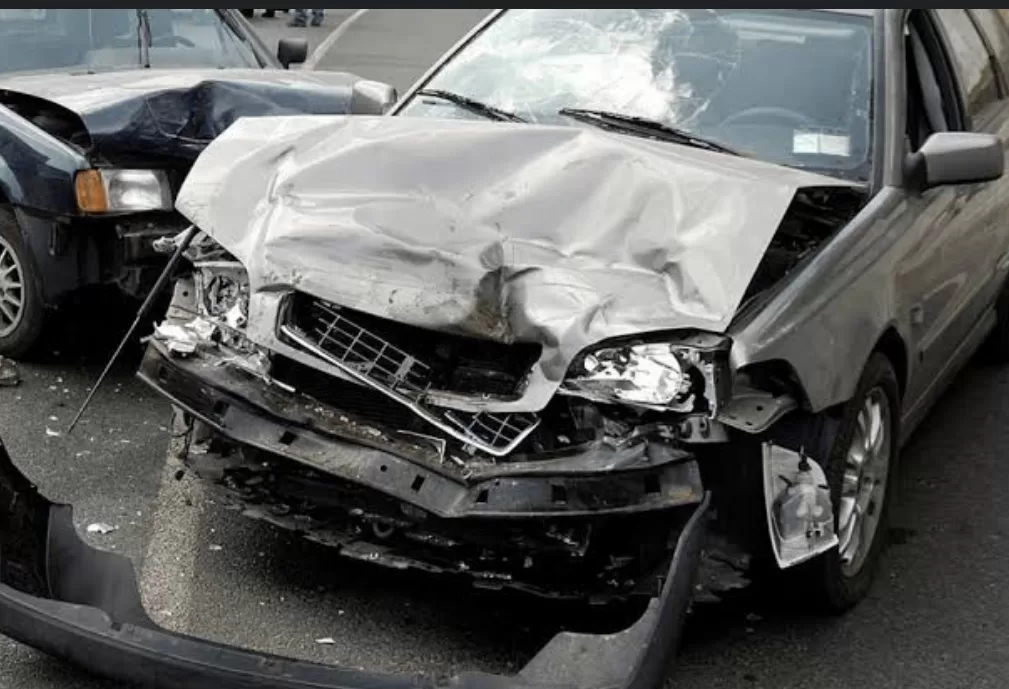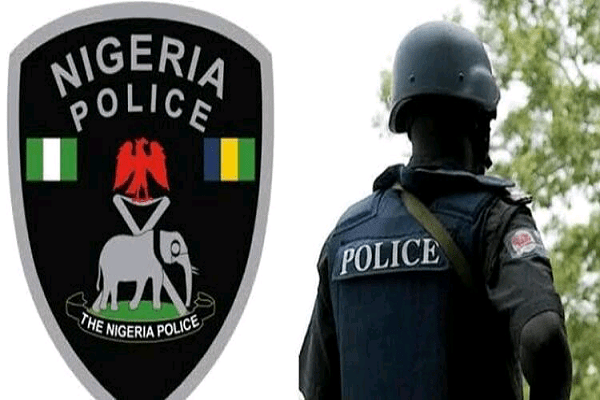The Defence Headquarters has confirmed that a new terrorist organization, identified as ‘Lukarawa’, has begun recruiting new members to strengthen its fighting forces.
Despite this, the military has emphasized that it is actively monitoring the situation and is working alongside other security agencies and state governments to curb the group’s recruitment efforts.
Last Thursday, the DHQ officially acknowledged the presence of Lukarawa in northern Nigeria, specifically in Sokoto and Kebbi states.
The group, which is believed to have originated from the Niger Republic and Mali, began infiltrating northern Nigeria, particularly after the recent coup in Niger.
The DHQ, represented by Maj Gen Edward Buba, pointed out that the terrorists have made incursions into the region from these neighboring countries.
Buba also expressed concern about the local communities, noting that many residents had failed to report the activities of the terrorists to the authorities, thus providing them a safe haven.
The military official added, “The group is employing social media platforms, showcasing sermons and enticing recruits with welfare packages.”
In a disturbing development on Friday, Lukarawa terrorists attacked Mera town in Kebbi State’s Augie Local Government Area just as the local population was preparing for Jumaat prayers.
The assailants killed at least 15 people and looted more than 100 cows, further intensifying concerns over the group’s growing presence.
While the military works to thwart these recruitment activities, experts argue that the situation has been brewing for years. Former Director of the Department of State Services, Mike Ejiofor, explained that although the group has been operating since 2018, it was only recently gaining significant attention.
“It must be clear that this group has been there since 2018. It’s not a new group,” Ejiofor stated, further clarifying that the group had originally been invited to Sokoto to help fight local threats and had not posed a major threat to national security.
According to Ejiofor, although Lukarawa’s members remain a relatively small group, their activities should not be underestimated.
“Some of them remained, and they’ve been operating on a very new team. So it’s not as if it’s a new terrorist group that has just emerged,” he explained.
He stressed that the country’s intelligence agencies are closely monitoring the group, and the communities in affected areas need to support security efforts by reporting suspicious activities.
Ejiofor noted that intelligence and community collaboration are critical in preventing the group’s spread, even if their numbers do not pose an immediate national threat.
Security analyst Timothy Avele echoed similar concerns about the group’s continued operations.
He explained that Lukarawa had already established a significant presence in several Kebbi communities, where they reportedly collect taxes and even intervene in local judicial matters.
Avele commented, “In fact, in some Kebbi communities, they’re collecting levies and handling judicial cases and even preventing emirs from carrying out their lawful duties.”
This shows the extent of the group’s influence, even though it had remained largely under the radar.
Avele was also critical of the security agencies, suggesting that their failure to adequately monitor the group’s activities had allowed Lukarawa to grow in strength.
“If this is confirmed to be true, it, therefore, means the security agencies, especially the DSS and police intelligence department failed in their primary responsibility of gathering and analysing strategic intelligence,” he said.
He also warned that the economic challenges faced by many Nigerians might make it more difficult to disrupt the group’s recruitment process.
“With the hardship in the country, it would be difficult to stop the group’s recruitment drive,” Avele noted.
However, he offered a potential solution: targeting and blocking the group’s financial sources, dismantling their leadership structure, and conducting cyber operations could effectively disrupt their activities.
The situation remains critical, with local and national security forces under pressure to act swiftly before Lukarawa’s influence grows further, potentially destabilizing the region.

